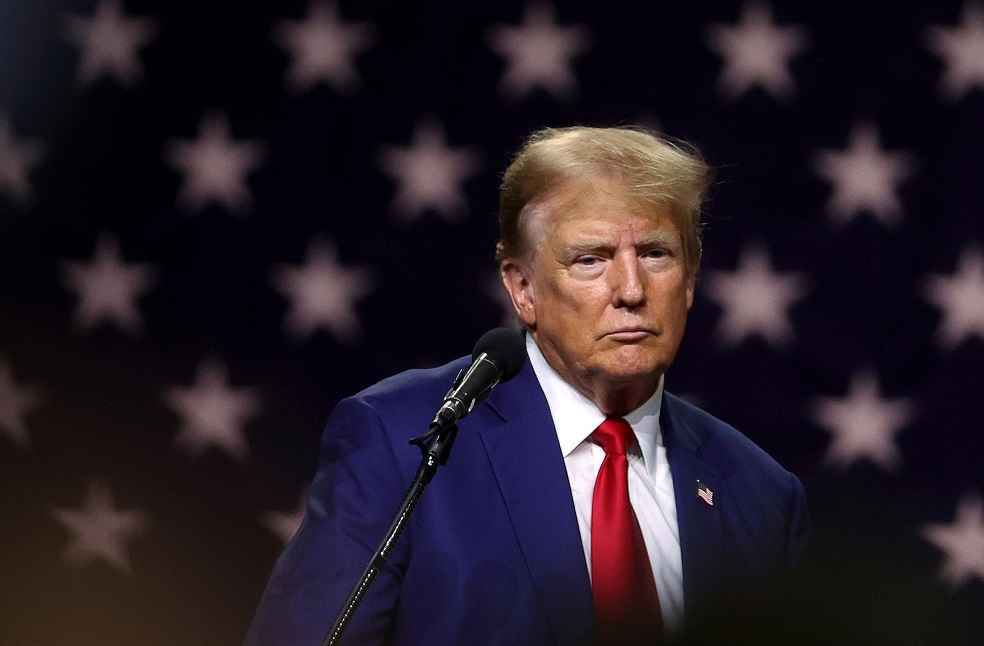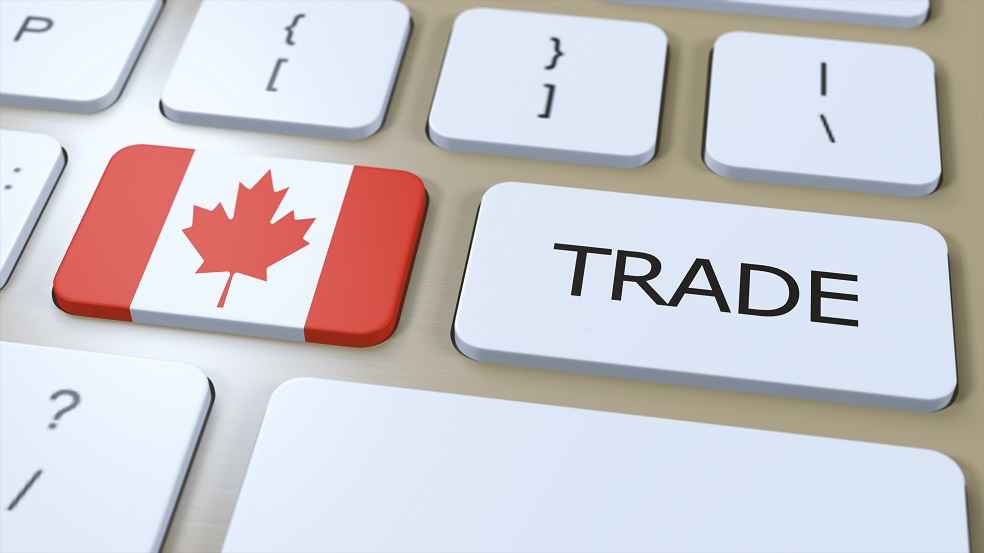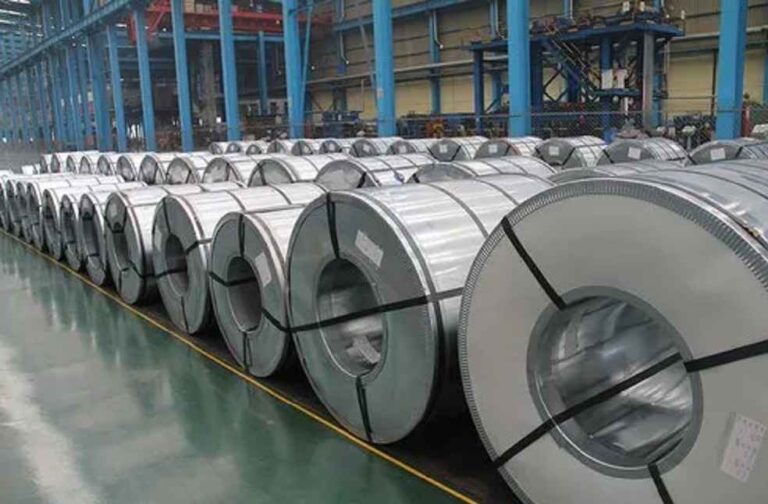President Trump declared that he will officially impose a 25% tariff on steel and aluminum imports to U.S on Monday. The policy which notably includes imports from neighboring Canada and Mexico, will be followed by further import duty edicts later in the week.
Trump made these remarks during a news conference aboard Air Force One, while en route to New Orleans. “Any steel coming into the United States is going to have a 25% tariff,” Trump stated. He also asserted that aluminum imports would face comparable trade penalties.
The President further affirmed his plans to implement ‘reciprocal tariffs’, likely by this week. This would entail imposing duties on foreign goods when other nations apply tariffs on U.S. products. “If they are charging us 130% and we’re charging them nothing, it’s not going to stay that way,” Trump declared.

In response to Trump’s statement Canadian Industry Minister Francois-Philippe Champagne wrote on X, highlighting the importance of Canadian steel and aluminum in supporting critical U.S. industries, including defense, shipbuilding, and auto manufacturing.
He underscored the importance of Canada-U.S. trade relationship in boosting North American competitiveness and security, also assured continued government advocacy for Canada, its workers, and industries. Catherine Cobden, president and CEO of the Canadian Steel Producers Association, expressed her group’s ‘deep concern’ over the steel and aluminum tariffs in an official statement.
Canada was initially exempt from the tariffs, and were imposed by May 31, 2018. In response, Canada implemented counter-tariffs on American goods, such as Florida orange juice. By May 17, 2019, the White House unveiled a resolution to prevent steel and aluminum supply surges from Canada and Mexico, ending the trade dispute.

According to Statistics Canada, the country’s trade surplus with the U.S. reached $94.4 billion in 2023.
Trump initially threatened a 25% tariff on all Canadian products over border security issues like fentanyl and illegal immigration. His focus later shifted to trade with Canada and the perceived lack of U.S. banks in Canada.
On Feb 3, both Canada and Mexico were given a 30-day reprieve after Trudeau and Mexican President Claudia Sheinbaum discussed their border plans with Trump. Canada’s plan includes $1.3 billion for enhanced border security, including helicopter patrols, and appointing a fentanyl czar to work with U.S. counterparts on the drug crisis.
This move recalls Trump’s previous trade action from March 2018 when he enacted tariffs of 25% on steel and 10% on aluminum, citing national security concerns during his first term in office.
IMEX SECTOR | Pakistan’s Almond Exports Struggle Despite Balochistan’s Premium Quality



